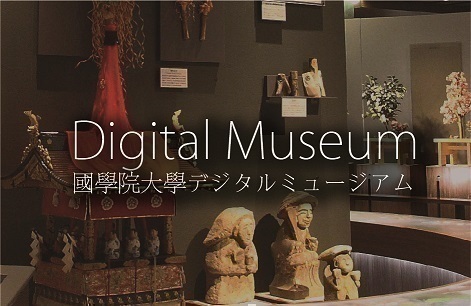- トップ
- Encyclopedia of Shinto
- Sano Tsunehiko
Encyclopedia of Shinto
| Main Menu: | |
| Links: |
詳細表示 (Complete Article)
| カテゴリー1: | 8. Schools, Groups, and Personalities |
|---|---|
| カテゴリー2: | Personalities |
| Title | Sano Tsunehiko |
| Text | (1834-196) Founder of the Shinto sect Shinrikyō. Born as the eldest son of Sano Tsunekatsu on the sixteenth day of the second month of 1834 in the town of Tokuriki in Buzen Province's Kiku District (present-day Kitakyūshū City, Fukuoka Prefecture). He studied National Learning (kokugaku) in his youth under Nishida Naokai, and also studied medicine, becoming an advocate of kōkoku idō, or "Ancient Imperial Medicine". After the Meiji Restoration of 1868, he turned his interests to religion, and from this period produced many writings based on traditional family learning. On many occasions from 1875 to his final years, Tsunehiko had mystical experiences such as visitations and oracular visions, and beginning in 1877, he began holding public lectures. Fearing the advance of Christianity into Japan during the societal turmoil of those years, he strongly emphasized the importance of "Shinto edification" (see Shintō kyōka). As part of the Great Promulgation Campaign (see taikyō senpu), Sano obtained the post of Apprentice in the Office of Preceptors (kyōdōshoku), and then established the Shinri Kyōkai (Church of Divine Truth) in Kokura in 1880. The group was initially affiliated with the Shinto umbrella organization Shintō Honkyoku and based its operations in northern Kyushu, where its membership grew, but in 1888, it transferred its membership to the sect Ontakekyō, finally establishing itself as an independent Shinto sect in 1895 with Sano as its first Superintendent (kanchō). Sano continued to zealously proselytize for his movement until his death at age seventy-three on October 26, 1906. Sano was the author of many works, including Shinrizu zukai (Explication of the Plan of Divine Truth), Honkyō shinri zukai (Explication of Japan's Divine Truth) and Amatsumusubi kō (Treatise on the Deity Amatsumusubi). —Inoue Nobutaka |




